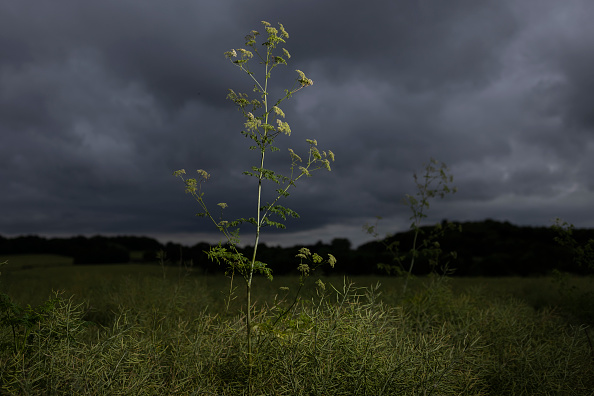It’s time businesses step up and support local authorities in protecting biodiversity

This week some of the biggest names in business are meeting at Davos. Sustainability, biodiversity and the positive impact that business can bring are high on the agenda.
Over 50 per cent of the world’s total GDP is either highly or moderately depending on nature, according to the World Economic Forum (WEF). Yet only 50 per cent of biodiversity is now left in the UK compared to pre-industrial levels.
At Davos, Maimunah Mohd Sharif, the UN Habitat’s Executive Director, discussed how to bring nature-based solutions to cities and highlighted a lack of urgency, with only 32 of 193 member states having submitted reports on the topic.
In the UK, generations of poor agricultural practices have contributed to the loss of biodiversity. Many of the sustainable practices of our ancestors have made way for indiscriminate pesticides and disease-susceptible monocultures. Since the Industrial Revolution, the growth of industrial estates and urban centres with little regard for biodiversity has isolated wildlife to a handful of remote areas.
Part of the problem is that biodiversity as an industry is still in its relative infancy in the UK. There is still no universal measurement of biodiversity or net gain – where the natural environment is left in a better state than how it was found – so it is even more difficult for businesses and institutions to make a positive impact.
Failing to build back biodiversity will present a huge number of economic and societal challenges in the future as a result of the exacerbation of climate change and loss of security for our food sources. Yet these challenges are being deprioritised by resource-stretched governments. COP15, the UN biodiversity summit, was delayed for a fourth time and the ongoing Covid-19 disruption in China points toward it being delayed again.
In the UK, management of biodiversity is usually handed to local government, but with limited budgets they are often ill-equipped to handle the full scale recovery needed in the UK. Businesses must do more to support and get involved.
Businesses owning large swathes of the UK’s countryside and waterways now hold significant power to build back natural biodiversity in the UK. One way for them to make early progress is biodiversity credits – similar to carbon credits – that help businesses meet their biodiversity objectives, particularly when many of them don’t own large green spaces. These credits lease the space of large landowners where businesses can invest in encouraging biodiversity. This is particularly popular with property companies who now need to drive 10 per cent biodiversity net gain across new sites as part of the Environment Act of November 2021.
At Davos, Mike Haigh, executive chair of Mott MacDonald Group Limited argued it’s not just about spending more to bring nature back into urban developments: ” The solutions that are found can even be cheaper, so let’s make our investments work harder”, he said.
While the government’s effort to drive biodiversity net gain in the Environment Act is welcome, it does not go far enough. Biodiversity still lags far behind Net Zero commitments in terms of priorities. Ultimately this isn’t just the job of the government to tackle. We all have shared responsibility and businesses must do more to take ownership of this growing crisis.
